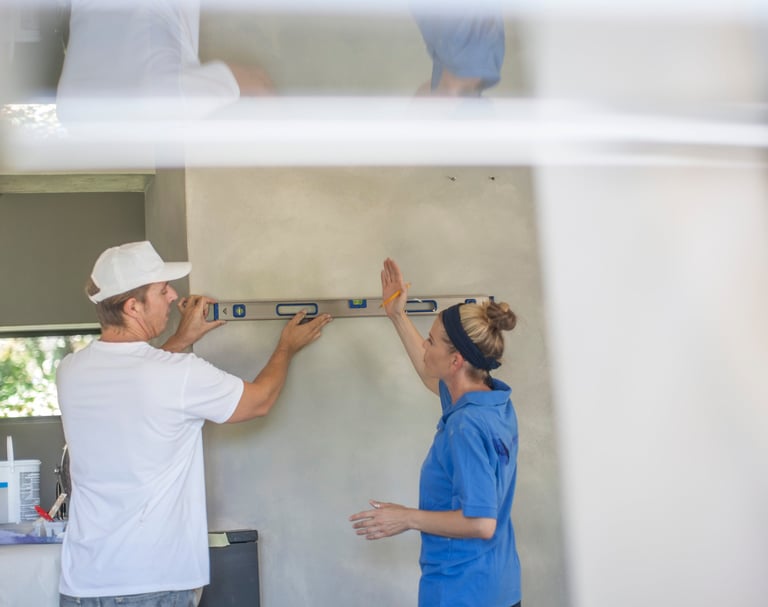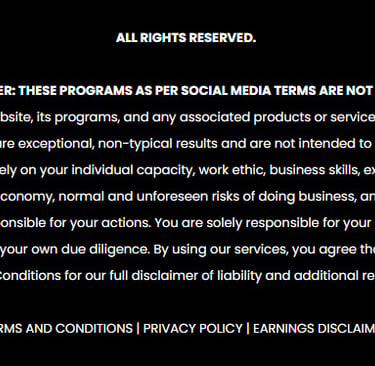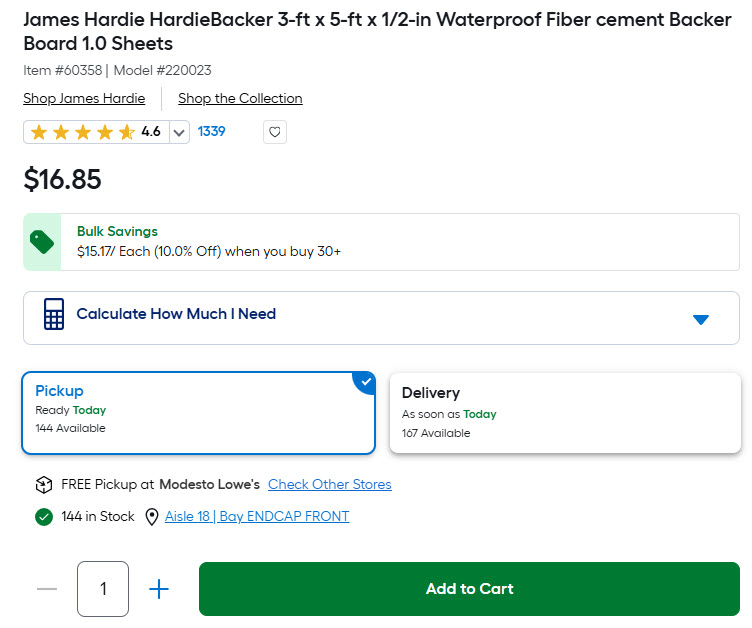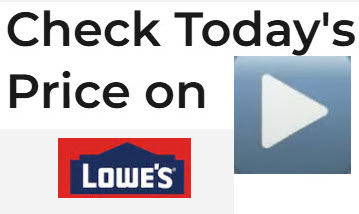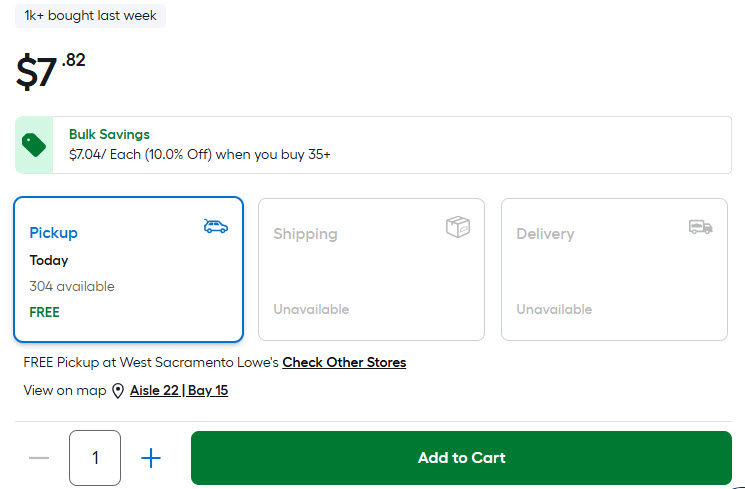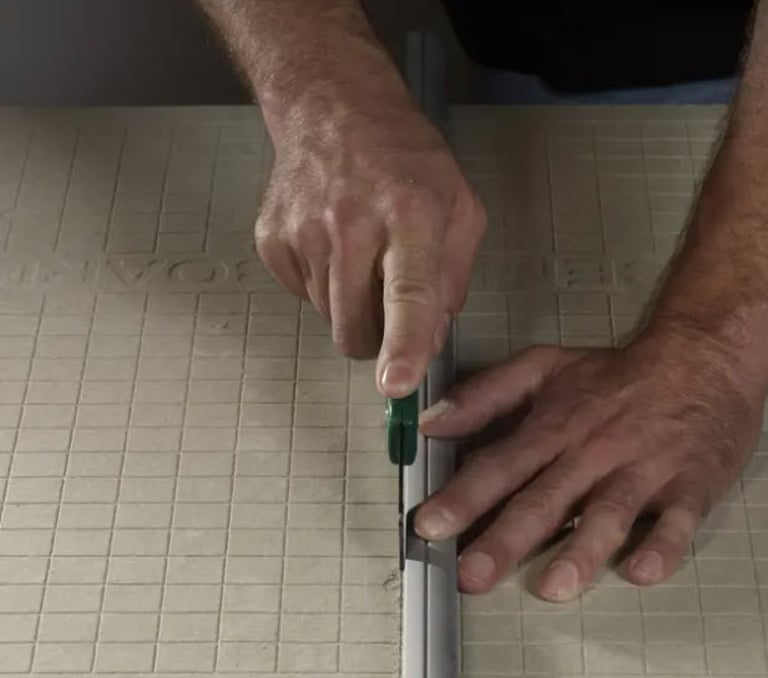👉 Feeling stuck financially? Watch the 2-minute Start Here guide and see how people begin earning from home TODAY 👉 START HERE FIRST https://dailypayincomectn.com/online-income-from-home-cash ✔ Free information ✔ Not a job or MLM ✔ Just see how people are starting
James Hardie HardieBacker 3-ft x 5-ft x 1/4-in Waterproof Fiber cement Backer Board 1.0 Sheets
#LowesPartner, #loweshomeimprovement, #lowescreator
Charlotte Wood Middle School, Danville, California
It was 1991, and our company was framing the entire middle school. The Charlotte Wood Middle School was built out of Douglas Fir Lumber, Pressure Treated Plates, and different kinds of Plywood. I negotiated a contract with a lumber mill in Oregon to provide all the dimensional lumber for the project. I had lumber being delivered from their mill for months. GREAT PROJECT! Rick Aguilar - Cost Estimator
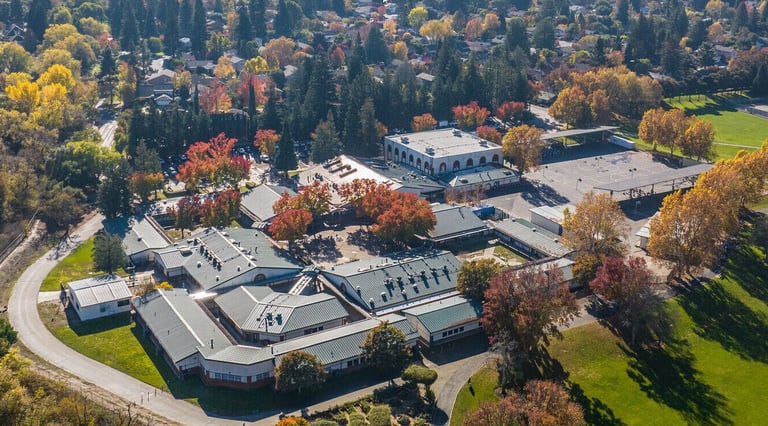

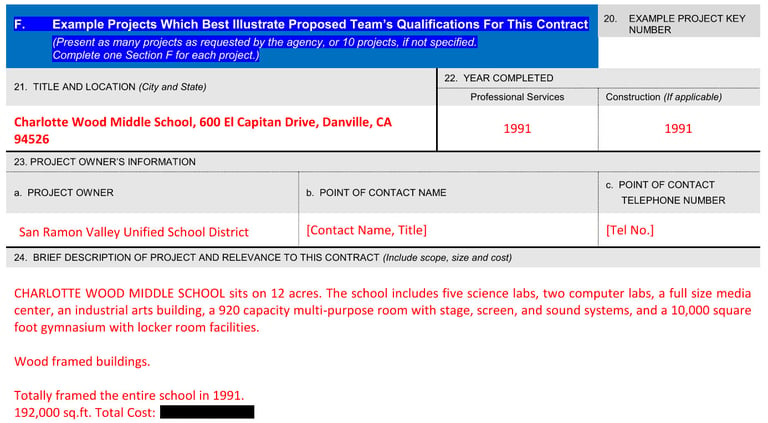

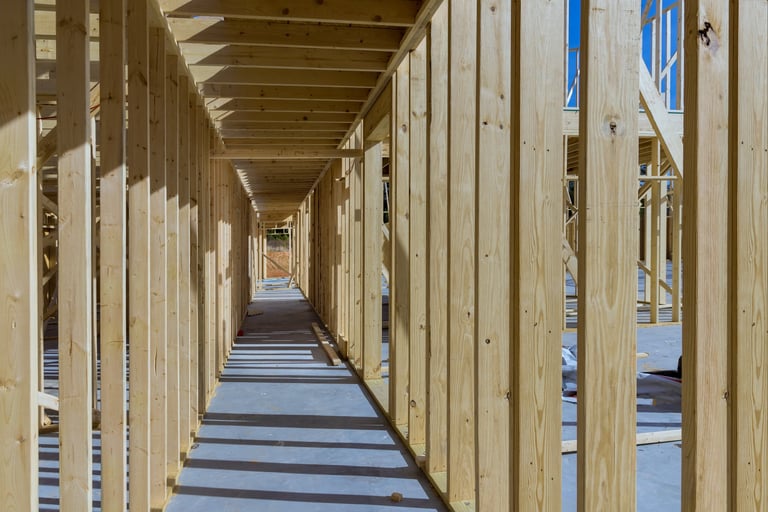

Overview
What It Is
HardieBacker 3-ft × 5-ft × ¼-in Fiber Cement Backer Board
Cementitious fiber cement board made by James Hardie, designed as a tile underlayment.
Dimension: nominal 3 ft × 5 ft (36 in × 60 in) with ¼-inch thickness.
Composition is mostly Portland cement + sand (about 90%), no gypsum, paper facing, glass fibers, or formaldehyde.
MoldBlock® Technology / mold-resistant treatment to resist mold growth in moist environments.
Water-resistant formulation; maintains strength, integrity, and tile adhesion even when exposed to moisture.
Easy to cut with the “score-and-snap” method; cleaner cuts, less mess and debris.
Good flexural and compressive strength: supports tile, stone, or similar finishes without warping under normal use.
Coverage: about 15 square feet per 3×5 sheet.
Key Features & Performance
Composition
~ 90% Portland cement + sand; ~ 10% cellulose fibers and additives.
No gypsum, glass fiber, paper facing, or formaldehyde in the core.
Water / Moisture Resistance
Designed to resist damage from moisture; maintains strength, integrity, and tile adhesion even when wet.
MoldBlock® Technology: board achieves top scores in mold resistance tests (ASTM D3273 score 10; ASTM G21 score 0) to reduce mold/mildew growth risk.
Strength & Rigidity
Compressive Strength: approx. 7,000 psi under steel plate substrate at equilibrium moisture content.
Flexural Strength: approx. 2,100 psi under same conditions.
Fire / Non-Combustibility
Noncombustible material per ASTM E136.
Surface burning characteristics (ASTM E84) Flame Spread = 0; Smoke Developed = 5.
Thermal / Other Physical Attributes
Thermal Conductivity approx. k = 7.80 Btu/(ft²·h·°F)
Thermal Resistance R-value approx. 0.13 ft²·h·°F/Btu (very low, as expected for thin cement board)
Freeze / Thaw Resistance (Procedure B, ASTM C666) – passes (where applicable) in similar HardieBacker products.
Sizes / Dimensions
Nominal thickness: ¼-inch (actual ~0.25 in) for certain board sizes. BuildSite+1
Board sizes: commonly 3 ft × 5 ft and 4 ft × 8 ft sheets.
Weight / Handling
Weight for the ¼-inch variant is ~ 1.9 lbs per square foot.
Standards / Certifications
Meets or recognized under: ICC-ES ESG-2280; ANSI A108.11; ANSI A118.9; IBC / IRC code related (for backer units).
Eligible for LEED credits; UL / GREENGUARD Gold certifications for low emissions / healthy indoor air
Physical Data & Usage Specs
Physical Data
Composition: ~90% Portland cement + sand; ~10% cellulose fibers & additives
No gypsum, paper facings, glass fibers, or formaldehyde
Dimensions: 3 ft × 5 ft sheets; nominal 1/4-in thick (≈ 0.25 in actual)
Weight: ~1.9 lbs per sq. ft (≈ 28–30 lbs per 3×5 sheet)
Compressive Strength: ~7,000 psi
Flexural Strength: ~2,100 psi
Thermal Conductivity (k): ~7.80 Btu/(ft²·h·°F)
Thermal Resistance (R): ~0.13 ft²·h·°F/Btu
Non-combustible (ASTM E136)
Flame Spread = 0; Smoke Developed = 5 (ASTM E84)
🛠️ Usage Specs
Designed as tile underlayment for walls, floors, and countertops
Suitable for wet areas (bathrooms, showers, laundry rooms, basements)
Maintains strength & adhesion when exposed to moisture
MoldBlock® Technology – passes ASTM D3273 (score 10) & ASTM G21 (score 0) for mold resistance
Can be installed over wood or resilient flooring as a stable tile base
GREENGUARD Gold certified for low VOC emissions
Meets ASTM C1288 & ANSI A118.9; ICC-ES ESR-2280 compliant
Not for continuous submersion (e.g., pools, fountains, hot tubs)
Requires corrosion-resistant fasteners for installation
Must be covered with tile, stone, or an appropriate finish — not a standalone surface
Best Uses:
Ideal / Appropriate Uses
Bathroom Floors – Thin, lightweight backer board that provides a strong, moisture-resistant base for ceramic or stone tile.
Countertops – Excellent underlayment for tiled countertops where spills and moisture are common.
Kitchen Backsplashes – Stable, mold-resistant foundation behind tile in areas exposed to steam, heat, and splashes.
Laundry Rooms & Utility Areas – Protects against humidity and minor water leaks under tile or vinyl.
Basements – Ideal for tiling floors in damp-prone basements where regular drywall or plywood would deteriorate.
Small Spaces & Tight Clearances – At just 1/4-inch thick, it minimizes added height, making it perfect for transitions at doors or between different flooring types.
Over Existing Floors – Can be installed over wood or resilient flooring as a stable substrate for new tile without raising floor height too much.
✨ Pro Tip: Use 1/4-in HardieBacker for floors, countertops, and horizontal surfaces, and 1/2-in HardieBacker for walls, tub surrounds, and ceilings where extra rigidity is needed.
Limitations / Things to Know
While the HardieBacker Backer Board is one of the most trusted underlayments for wet areas, it does have a few important considerations to keep in mind before you use it:
Not a Finish Surface – Must always be covered with tile, stone, or another approved finish; not meant to be left exposed.
Not for Continuous Submersion – While moisture-resistant, it is not waterproof and should not be used in pools, fountains, or areas with constant water contact.
Needs Waterproofing Membrane in Wet Zones – Joints, fasteners, and seams still allow water through; use a waterproofing membrane in showers or high-splash areas.
Thickness Matters – At only 1/4-in thick, it is best for floors and countertops. For walls or ceilings, use the 1/2-in version for added rigidity.
Cutting Produces Cement Dust – Use the score-and-snap method whenever possible; if power tools are used, cut outdoors with proper dust protection (silica dust can be harmful).
Heavy Compared to Drywall – Though thinner than the 1/2-in version, it is still denser and heavier than drywall or green board.
Special Fasteners Required – Use corrosion-resistant screws or nails made for cement board to avoid rusting or fastener failure.
Cost & Labor – More expensive and labor-intensive to install than moisture-resistant drywall, but offers superior durability in the long run.
✨ Bottom Line: The 1/4-in HardieBacker is excellent as a tile underlayment for floors and countertops, but it requires proper installation, waterproofing, and handling to get the best results.
Practical Project Ideas for Homeowners:
The 1/4-in HardieBacker board is thin, lightweight, and designed as a durable tile underlayment. It’s perfect for homeowners who want long-lasting results without adding unnecessary height to floors or countertops. Here are some project ideas where it really works:
✅ Bathroom Floor Remodels – Use as an underlayment beneath tile to create a moisture-resistant, mold-resistant base that prevents cracked grout and loose tiles.
✅ Tiled Kitchen Countertops – A stable, waterproof substrate that can handle spills, hot pans, and everyday use without degrading like plywood.
✅ Kitchen Backsplashes – Provides a reliable foundation behind tile in areas exposed to steam, splashes, and cooking heat.
✅ Laundry & Utility Room Floors – Protects against high humidity and minor leaks from washers, dryers, or utility sinks.
✅ Basement Tile Installations – Ideal for damp-prone basements where standard underlayments could fail.
✅ Floor Height Adjustments – Because it’s thinner, it helps minimize transition issues at doorways when laying new tile over existing flooring.
✅ DIY Accent Projects – Perfect for smaller tile installations, such as under stoves, bar tops, or tiled workspaces.
✨ Pro Tip: Use the 1/4-in board for horizontal surfaces (floors, countertops) where low profile is important, and switch to the 1/2-in board for vertical surfaces (walls, tub surrounds) that need extra strength.
Why Choose: James Hardie HardieBacker 3-ft x 5-ft x 1/4-in Waterproof Fiber cement Backer Board?
What It Is / Core Info
The 1/4-inch HardieBacker is a fiber-cement backer board made by James Hardie.
Designed primarily for floors and countertops under tile / stone / other hard finishes. It can also be used for walls in some cases.
Composition is ~ 90% Portland cement + sand, with additives; no gypsum, no paper facings, no formaldehyde.
Includes MoldBlock® Technology for mold resistance, and is moisture resistant — helps maintain strength / adhesion when exposed to moisture.
Key Features & Performance Specs
Thickness: ¼-inch board; also available in other sizes (3×5 ft, 4×8 ft) for different applications.
Size & Coverage: A 3×5 sheet gives ~15 sq ft coverage.
Strength: High compressive & flexural strength; HardieBacker claims better performance compared to many competitive cement boards.
Ease of Cutting: Score-and-snap method; produces cleaner cuts, less dust compared to some cement boards.
Water / Moisture Resistance: Maintains integrity when wet; can be used in wet areas, though full waterproofing and proper sealing still required in “wet zone” installations.
Mold Resistance: MoldBlock® helps resist mold and mildew growth.
Where It Works Best
Under tile on floors in kitchens, bathrooms, laundry rooms.
Under countertops for stone/tile surfaces.
Backsplashes, where moisture splash is likely.
Areas with moderate moisture (bathrooms, laundry rooms) where you want both moisture resistance and tile support.
Things to Know / Limitations
Not waterproof: even though moisture resistance is good, for showers or full wet zones you’ll likely need additional waterproofing membranes.
Not intended for use outdoors or in exterior exposure (unless specific product versions and in compliance with local codes).
Because it's relatively thin (¼-inch), it's less rigid than thicker backer boards; may have more flex under heavy load or if substrate deflects.
Cutting generates silica dust (common with cement boards) — proper safety (mask, ventilation) needed.
When This Board Really Shines
The 1/4-in HardieBacker board isn’t for every job — but when it’s used in the right places, it’s one of the best building materials you can buy. Here’s where it truly stands out:
Bathroom & Laundry Floors – At just 1/4 inch thick, it provides a solid, moisture-resistant base for tile without raising the floor too much. Perfect for smooth transitions at doors.
Tiled Countertops – It’s thin enough to avoid bulk but strong enough to support daily wear and tear under tile and stone surfaces.
Kitchen Backsplashes – Offers a mold-resistant foundation that holds up against steam, splashes, and heat from cooking.
Basements – Adds protection in damp-prone spaces where regular underlayments would weaken over time.
Over Existing Flooring – Its low profile makes it ideal when tiling over wood or vinyl, keeping floor height in check.
DIY-Friendly Projects – The score-and-snap cutting method makes it easier and less messy than traditional cement boards, giving homeowners confidence to tackle their own tiling projects.
✨ Bottom Line: The 1/4-in HardieBacker board really shines in floors, countertops, and smaller tile projects where space is tight, moisture protection is key, and long-term durability matters.
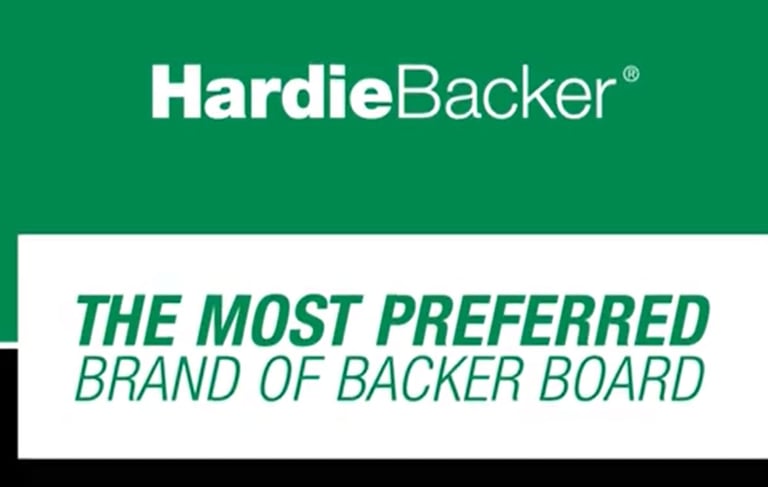

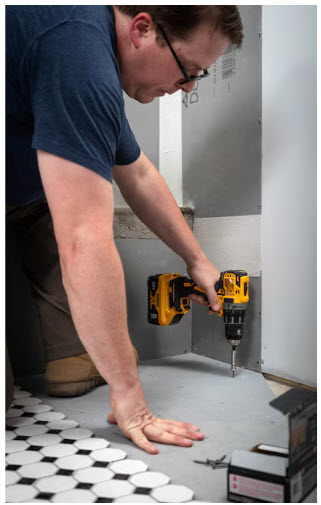

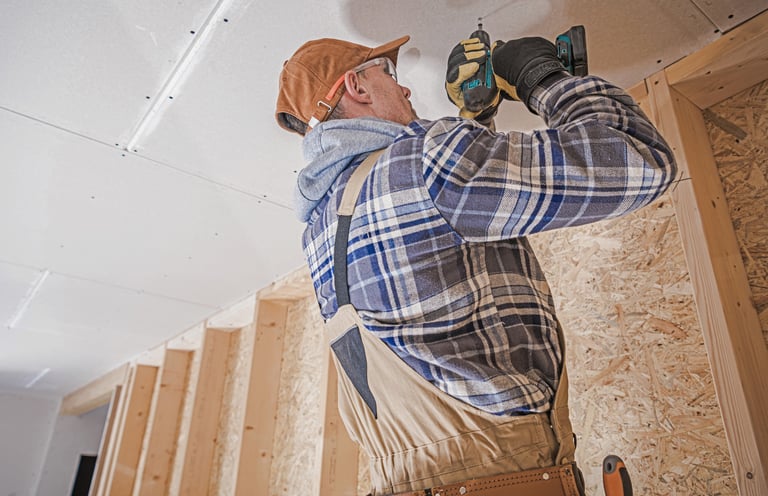

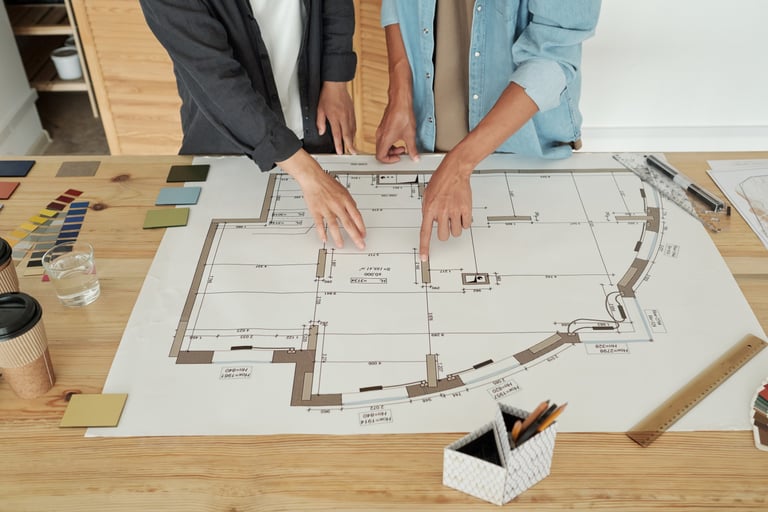

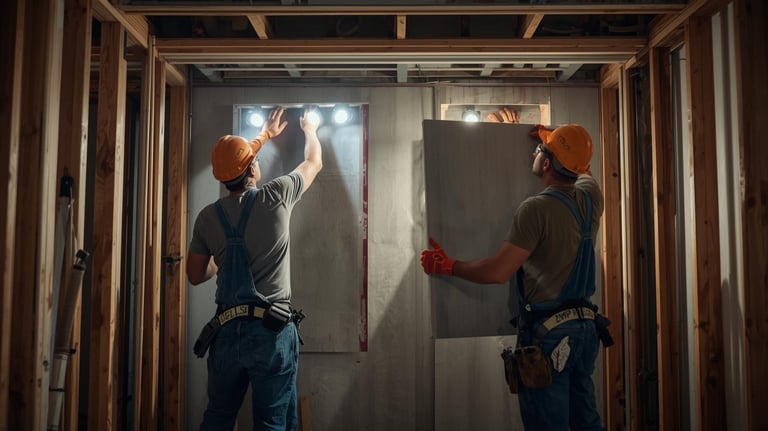

Affiliate Disclosure: Some of the links on this site are affiliate links. This means that if you click on a link and make a purchase, I may earn a commission at no extra cost to you. I only recommend products and services that I trust and believe will add value to my readers.
Why this disclosure is important:
✅ Builds trust with your readers
✅ Keeps us compliant with FTC regulations
✅ Protects our Blog and Site legally
✅ Helps our audience know were not just trying to make a sale — we are recommending products or services we believe in.
But that's not all.
· 🛍️ Same Products, Same Prices – You’re not paying a penny more by using our links. The only difference? Your click makes a difference in someone’s life.
· 🧰 Curated Recommendations – We don’t promote just anything. These are handpicked, tried-and-true products we trust and often use ourselves.
· ⏳ Save Time – No more endless searching—we’ve done the digging for you. Find useful, affordable, and top-rated items all in one place.
· ❤️ Support Small – Instead of all your dollars going to a corporation, a percentage go to a business that values every single customer.
Thank you for choosing to shop with us. You’re not just buying a product—you’re helping build a legacy.


Ask Rick, example:“What’s the best Gypsum Board for this application? or “ When should I use fire-rated (Type X) drywall?”
